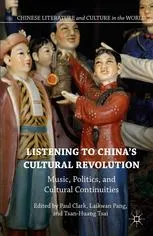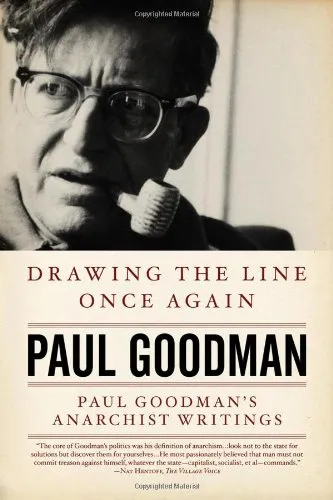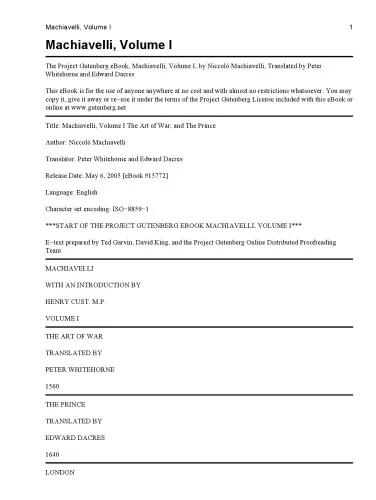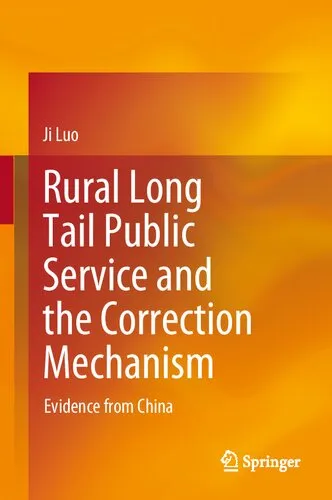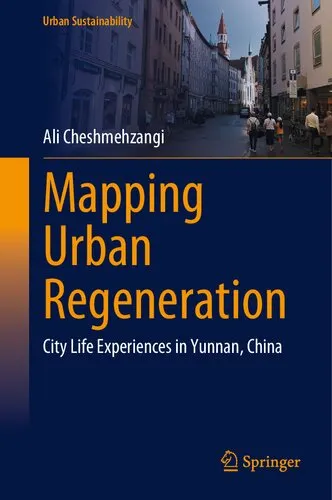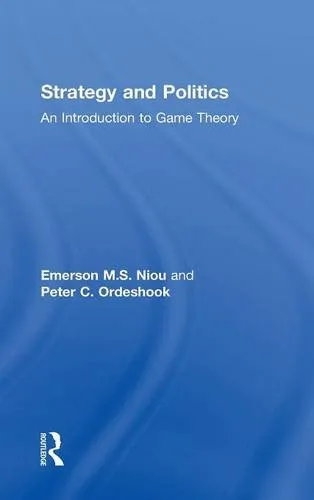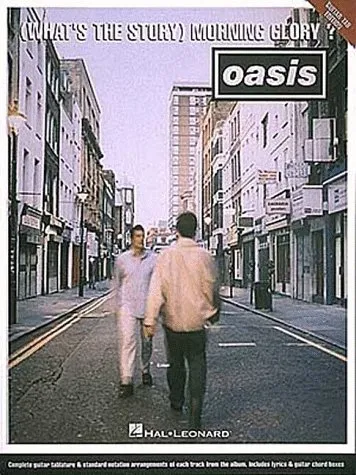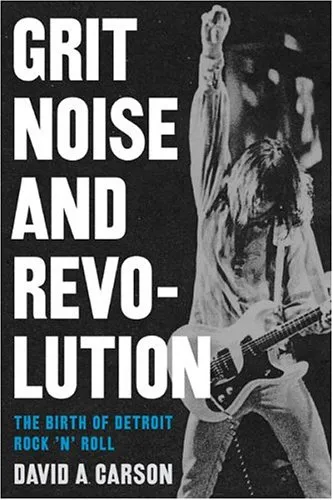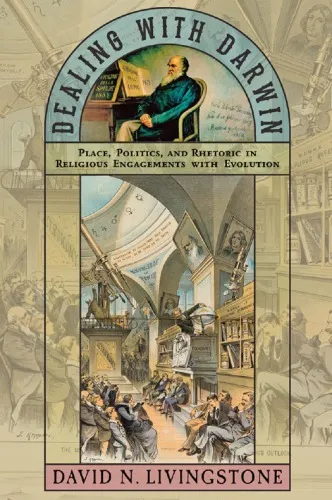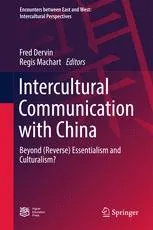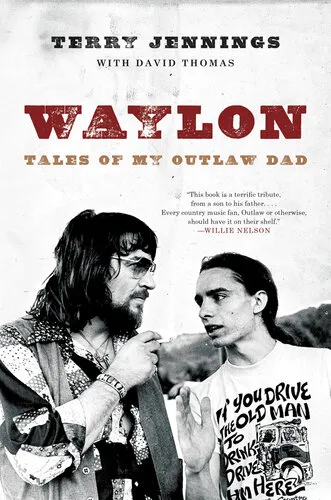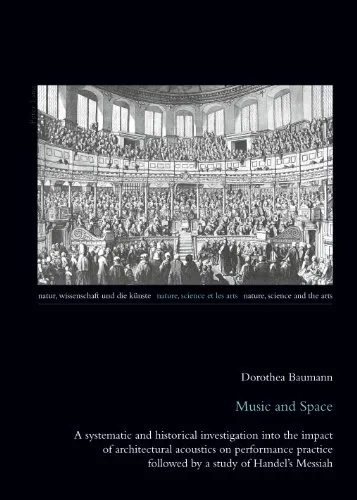Listening to China’s Cultural Revolution: Music, Politics, and Cultural Continuities
4.5
بر اساس نظر کاربران

شما میتونید سوالاتتون در باره کتاب رو از هوش مصنوعیش بعد از ورود بپرسید
هر دانلود یا پرسش از هوش مصنوعی 2 امتیاز لازم دارد، برای بدست آوردن امتیاز رایگان، به صفحه ی راهنمای امتیازات سر بزنید و یک سری کار ارزشمند انجام بدینکتاب های مرتبط:
معرفی کتاب "Listening to China’s Cultural Revolution: Music, Politics, and Cultural Continuities"
کتاب Listening to China’s Cultural Revolution: Music, Politics, and Cultural Continuities اثری منحصربهفرد از پل کلارک، لايکوان پنگ و تسن-هوانگ تسای است که بررسی عمیقی در مورد رابطه موسیقی و سیاست در دوران انقلاب فرهنگی چین ارائه میدهد. این اثر برجسته نه تنها موسیقی را بهعنوان ابزاری سیاسی مینگرد، بلکه تاریخ، فرهنگ و تحولاتی که در طول انقلاب فرهنگی در چین رخ داد را نیز با رویکردی انتقادی تحلیل میکند.
خلاصهای جامع از کتاب
این کتاب به بررسی چگونگی استفاده از موسیقی در پیشبرد ایدئولوژی انقلاب فرهنگی در چین (۱۹۶۶–۱۹۷۶) میپردازد. نویسندگان نشان میدهند که چگونه موسیقی در این دوره بهعنوان یک ابزار برای هدایت احساسات عمومی، کنترل جمعیت و ترویج ارزشهای سیاسی مورد استفاده قرار گرفت. فصلهای مختلف کتاب به انواع مختلف موسیقی، مانند revolutionary songs، تئاتر اپرا و آهنگهای غیررسمی که در میان مردم رواج داشت، میپردازد.
در این اثر، ترکیب دقیقی از تحلیل تاریخی و اجتماعی ارائهشده که اثرات فرهنگی عمیق موسیقی این دوره بر جامعه چین بررسی میشود. همچنین نویسندگان تلاش میکنند از زاویهای مدرن، تحول ارزشهای تاریخی و نقش این موسیقی را در زمینه اجتماعی و سیاسی امروز درک کنند.
نکات کلیدی کتاب
- تحلیل رابطه پیچیده موسیقی و سیاست در دوران انقلاب فرهنگی.
- بررسی و مقایسه شیوههای استفاده از هنر بهعنوان ابزار پروپاگاندا در آن دوران.
- نقد گفتمانهای غالب بر موسیقی معاصر چین و ارثی که از دوران انقلاب فرهنگی بر جای مانده است.
- تحلیل آثار فرهنگی، مانند model operas و تاثیر آنها بر نسل مدرن.
- تأثیر موسیقی بر بهبود یا تضعیف انسجام اجتماعی چین در دوره تغییرات انقلابی.
نقلقولهای معروف از کتاب
"Music during the Cultural Revolution was not merely a form of art or entertainment; it was a revolutionary call to arms, a medium for transmitting ideology, and a tool for shaping collective identity."
"To understand the Cultural Revolution, one must listen not just to the words of its slogans but also to its rhythms, melodies, and silences."
چرا این کتاب مهم است؟
اهمیت این کتاب در بررسی یک دوره کلیدی از تاریخ چین نهفته است که تأثیرات آن هنوز در فرهنگ معاصر چین مشاهده میشود. این اثر نشان میدهد که موسیقی چگونه میتواند بهعنوان یک ابزار سیاسی قدرتمند عمل کند و چهطور میتوان از طریق تحلیل هنر معاصر، به درکهای عمیقتری از تاریخ اجتماعی و فرهنگی یک کشور دست یافت. در این دوران، موسیقی بهعنوان پلی میان ایدئولوژی و فرهنگ عمومی عمل کرد و این کتاب نشانگر نقش ماندگار آن در شکلدهی به روایتهای جمعی است.
برای دانشجویان تاریخ، موسیقیشناسی، علوم سیاسی و مطالعات فرهنگی، این کتاب فرصتی است برای درک بهتر چگونگی تعامل سیاست و هنر در دورهای بحرانزده از تاریخ. همچنین، محققانی که بهدنبال کاوش در تأثیرات اجتماعی، فرهنگی و سیاسی موسیقی هستند، میتوانند از این اثر بهره فراوانی ببرند.
Introduction to "Listening to China’s Cultural Revolution: Music, Politics, and Cultural Continuities"
"Listening to China’s Cultural Revolution: Music, Politics, and Cultural Continuities" is a groundbreaking anthology that delves into the often-overlooked world of music during one of China's most tumultuous periods — the Cultural Revolution (1966–1976). Edited by Paul Clark, Laikwan Pang, and Tsan-Huang Tsai, this book offers fresh perspectives on the intersections of art, politics, and society, revealing the intricate role that music played in shaping the cultural and political dynamics of China during this era.
The Cultural Revolution, largely defined by Chairman Mao Zedong's radical policies, sought to revolutionize Chinese culture, suppressing traditional art forms while promoting a "new" culture aligned with socialist ideals. Music, in this context, served not only as a political tool but also as a medium for expressing emotions, resistance, and conformity. By examining state-sponsored compositions, folk adaptations, and even underground musical movements, this book uncovers the complexities of music as both an artifact of propaganda and a medium of continuity and change.
Detailed Summary of the Book
The book is divided into thematic sections, each exploring a unique facet of music's role during the Cultural Revolution. It begins with an exploration of revolutionary songs endorsed by the Communist Party, which were instrumental in spreading Maoist ideology across rural and urban China. These songs, often performed on public stages and aired on government-controlled radio stations, served as powerful tools of political indoctrination.
Subsequent chapters delve into localized musical traditions and their adaptation during the Cultural Revolution. The authors document how regional styles, from classical Chinese opera to folk rhythms, were appropriated and transformed to align with revolutionary ideals. Yet, these adaptations reveal fascinating tensions — while the state enforced creative restrictions, musicians found ways to sneak resilience and individuality into their compositions.
Further, the book takes a closer look at underground and informal music practices that defied the rigidity of state control. These chapters showcase how music became a vehicle of subversion, expressing personal grief, collective nostalgia, and even silent rebellion. The final sections broaden the discussion to include the aftereffects of the Cultural Revolution on Chinese music, highlighting both the continuities and ruptures that followed.
Key Takeaways
- Music during the Cultural Revolution was a politically charged medium, used both as a tool for propaganda and as an outlet for resistance and unity.
- Revolutionary ideals shaped the development of new art forms, with traditional music often stripped of its original identity to serve state ideologies.
- Despite intense censorship, underground and informal music scenes flourished, offering a contrasting narrative to the state-led cultural project.
- Post-Cultural Revolution music reflects an enduring dialogue between past cultural norms and the innovations of that transformative decade.
Famous Quotes from the Book
"In revolutionary China, every stage was a battlefield of ideology; every note carried the weight of collective aspirations or defiance."
"Music was never merely an art form during the Cultural Revolution — it was both weapon and refuge."
"Even in the most restrictive times, the human spirit found ways to sing — in harmony with or in quiet defiance of state decrees."
Why This Book Matters
"Listening to China’s Cultural Revolution" is an essential contribution to the study of modern Chinese history, cultural studies, and musicology. By focusing on music, the book provides an alternative lens through which we can understand the complexities of the Cultural Revolution. It bridges the gap between political history and cultural analysis, highlighting how an art form as universal as music can be repurposed to serve ideological ends.
More importantly, it gives voice to the ordinary people and artists who lived and created under severe constraints, showcasing their resilience and creativity. This book reaffirms the importance of cultural expressions in understanding historical transformations, and it serves as a reminder that even in the darkest moments, the arts have the potential to preserve humanity and connect divided societies.
For students, scholars, and readers interested in Chinese culture, history, and politics, this book is a valuable resource. It not only deepens our understanding of a critical chapter in China's history but also demonstrates the enduring power of music as a force of cultural continuity and change.
دانلود رایگان مستقیم
شما میتونید سوالاتتون در باره کتاب رو از هوش مصنوعیش بعد از ورود بپرسید
دسترسی به کتابها از طریق پلتفرمهای قانونی و کتابخانههای عمومی نه تنها از حقوق نویسندگان و ناشران حمایت میکند، بلکه به پایداری فرهنگ کتابخوانی نیز کمک میرساند. پیش از دانلود، لحظهای به بررسی این گزینهها فکر کنید.
این کتاب رو در پلتفرم های دیگه ببینید
WorldCat به شما کمک میکنه تا کتاب ها رو در کتابخانه های سراسر دنیا پیدا کنید
امتیازها، نظرات تخصصی و صحبت ها درباره کتاب را در Goodreads ببینید
کتابهای کمیاب یا دست دوم را در AbeBooks پیدا کنید و بخرید
1329
بازدید4.5
امتیاز0
نظر98%
رضایتنظرات:
4.5
بر اساس 0 نظر کاربران
Questions & Answers
Ask questions about this book or help others by answering
No questions yet. Be the first to ask!
